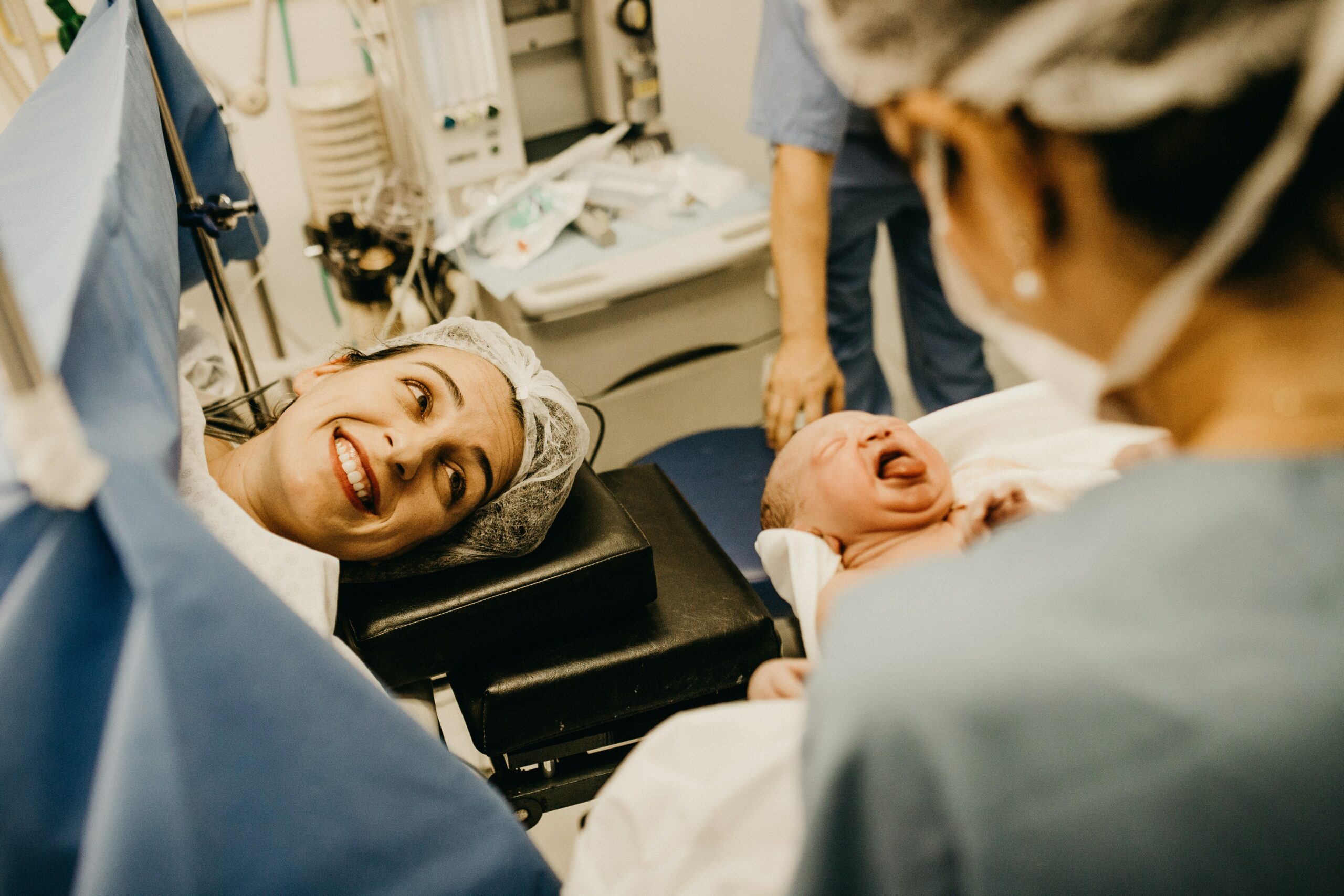Finding out you’re pregnant comes with many emotions. Whether it’s shock, disbelief, or joy — or all three — at some point, you start reading about what to expect, picking out names, and decorating the nursery. Sometimes, the entire pregnancy goes on without a hitch. Other times, you find out that it may be necessary to deliver via cesarean birth (C-section). What are the reasons for needing such a procedure? What can you do to get ready?
What’s a Planned C-Section?
Delivering a child via vaginal birth is the safest way to have a baby. However, there are several reasons why a woman and her doctor may decide to plan for a c-section. This could be due to the health condition of the mother — such as being prone to blood clots, a chronic health condition, a sexually transmitted disease, previous uterine surgery, or pulmonary or coronary disease.
In other instances, the mother may be healthy, but the baby’s position in the uterus may make a vaginal birth dangerous. C-sections are also likely in women who are pregnant with multiples. The more babies are on the way, the higher the likelihood of needing a cesarean.
C-Section Benefits
There are several benefits of giving birth by cesarean:
1. You will know the exact date the baby will arrive.
In theory, a pregnancy could last about 40 weeks, give or take a few days. In practice, some babies like to stay warm and comfortable in the uterus past their expected due date. However, when you schedule a c-section, you likely won’t even go into labor.
2. It lowers the risk of birth injuries.
While vaginal birth is relatively safe, there are certain circumstances that could increase the risk of the baby being injured during birth. These include a large baby, a baby that’s born prematurely, a baby that is positioned not head-first, or if the size of the mother’s pelvis or birth canal would make a vaginal delivery difficult.
3. It lowers the risk of pelvic floor disorders.
The muscles and tissues that support the uterus, bladder, and rectum are known collectively as the pelvic floor. During pregnancy and childbirth, it’s common for women to experience urinary incontinence, as well as bowel movements or sagging internal organs. If a woman has a high risk of experiencing pelvic organ prolapse, her doctor will likely schedule a C-section to prevent injuries.
4. It makes delivery easier if you’re pregnant with multiple babies.
If you’re having twins, triplets, or more babies, your doctor will likely recommend a vaginal delivery if the first baby is coming head-first. Otherwise, the birth will be done via c-section to lower the risk of compressing one of the babies’ umbilical cord and to keep your blood pressure stable.
C-Section Risks
While C-sections are generally a safe procedure, they are still a major surgery — as such, it has associated risks. Some of the most common risks are:
1. Longer recovery time.
You’ll likely have to stay in the hospital for up to four days after delivery. Once you go home, your body may need up to six weeks to heal fully. This means getting plenty of rest — which can be difficult with a newborn baby. You’ll need to follow care instructions for when you have to sneeze or cough so that it won’t affect the incision site and limit exercise to walking — which helps prevent blood clots.
2. Heavy bleeding.
Bleeding is a normal part of recovery. After all, your body will need to expel leftover tissue and blood through your vagina. This bleeding can last up to six weeks. In the beginning, it’ll be dark red blood, as well as clots — some of them may be as large as a golf ball. Eventually, the bleeding will turn brown, lighter red, and white, before it fully stops.
3. Higher risk of infection.
These could occur if there’s too much bacteria in the incision site. Signs of an infection include redness and swelling at the site, a fever, and abdominal pain. This is more likely to occur in women who have diabetes, HIV, previous c-sections, or are obese.
Contact Us at OB-GYN Women’s Center
At OB-GYN, we aim to establish trusting relationships with our patients. If you have any questions about your pregnancy, don’t be afraid to ask. We are here to help you.
Contact us to schedule an appointment. We’ll answer all of your questions and strive to procure the best treatment for your sexual health.




